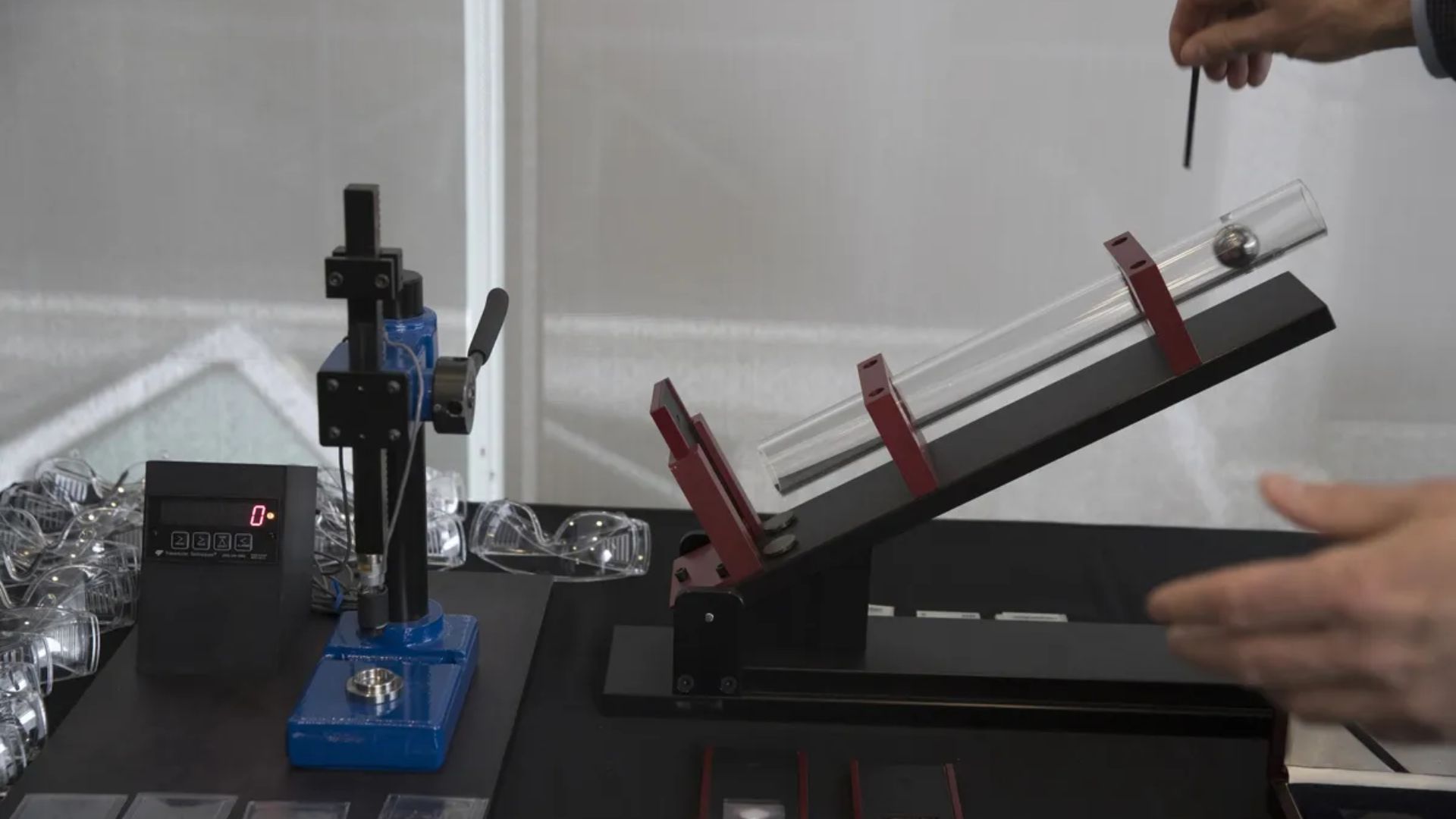The European Commission has concluded its antitrust investigation into Corning Incorporated, a leading U.S.-based glass manufacturer renowned for its Gorilla Glass products used in mobile devices. This resolution comes after Corning agreed to implement significant changes to its business practices, effectively addressing concerns about potential anti-competitive behavior.
Background of the Investigation
In November 2024, the European Commission initiated a formal inquiry into Corning’s supply agreements with mobile phone manufacturers and glass processing companies. The investigation aimed to determine whether Corning had abused its dominant market position by enforcing exclusive supply agreements that could potentially exclude rival glass producers, thereby limiting competition and innovation in the market. The Commission was particularly concerned that such practices might lead to higher prices and reduced quality for consumers. ([reuters.com](https://www.reuters.com/business/media-telecom/corning-investigated-by-eu-antitrust-regulators-over-exclusive-supply-deals-with-2024-11-06/?utm_source=openai))
Corning’s Commitments to Address EU Concerns
To resolve the investigation and avoid potential fines—which could have amounted to up to 10% of its global turnover—Corning proposed a series of commitments:
1. Elimination of Exclusive Dealing Clauses: Corning agreed to remove all exclusive dealing clauses from its current agreements with original equipment manufacturers (OEMs) and glass finishers. This change ensures that these companies are free to source glass from other suppliers without contractual restrictions. ([reuters.com](https://www.reuters.com/technology/apple-supplier-corning-offers-waive-exclusive-deals-eu-antitrust-probe-2024-11-25/?utm_source=openai))
2. Removal of Minimum Purchase Requirements: The company committed to eliminating contractual clauses that required customers to source more than 50% of their glass demand from Corning. This adjustment allows OEMs and finishers greater flexibility in choosing their suppliers. ([reuters.com](https://www.reuters.com/technology/apple-supplier-corning-offers-waive-exclusive-deals-eu-antitrust-probe-2024-11-25/?utm_source=openai))
3. Decoupling Price Benefits from Purchase Commitments: Corning agreed not to tie price advantages to minimum purchase obligations, ensuring that pricing remains competitive and not contingent upon exclusivity. ([reuters.com](https://www.reuters.com/technology/apple-supplier-corning-offers-waive-exclusive-deals-eu-antitrust-probe-2024-11-25/?utm_source=openai))
4. Global Application and Duration: These commitments are applicable worldwide and will remain in effect for nine years. An independent monitoring trustee will oversee compliance to ensure adherence to these commitments. ([reuters.com](https://www.reuters.com/technology/apple-supplier-corning-offers-waive-exclusive-deals-eu-antitrust-probe-2024-11-25/?utm_source=openai))
Implications for the Smartphone Supply Chain
The European Commission’s acceptance of Corning’s commitments is expected to foster a more competitive environment in the smartphone glass market. By removing exclusivity clauses and minimum purchase requirements, other glass manufacturers now have increased opportunities to compete, potentially leading to better prices and innovation for consumers. This development is particularly significant for companies like Samsung, Sony, Google, HP, Dell, and Nokia, all of which have been customers of Corning. ([reuters.com](https://www.reuters.com/legal/litigation/corning-staves-off-antitrust-fine-eu-regulators-accept-concessions-mobile-phone-2025-07-18/?utm_source=openai))
Apple’s Custom Glass Agreement Remains Unaffected
Notably, Apple’s partnership with Corning remains unaffected by these changes. The European Commission determined that the glass products supplied to Apple are custom-made with unique compositions and are not part of the standard market offerings. As a result, these products were excluded from the scope of the investigation, allowing Apple’s existing agreements with Corning to continue without modification. ([appleinsider.com](https://appleinsider.com/articles/25/07/19/cornings-eu-compliance-changes-wont-affect-iphones-ipads?utm_source=openai))
Conclusion
The resolution of the European Commission’s investigation into Corning marks a significant step toward ensuring fair competition in the mobile device glass market. By agreeing to eliminate exclusive dealing clauses and minimum purchase requirements, Corning has addressed the Commission’s concerns, thereby avoiding substantial fines and fostering a more competitive landscape. Meanwhile, Apple’s custom glass agreements with Corning remain intact, highlighting the unique nature of their partnership.



